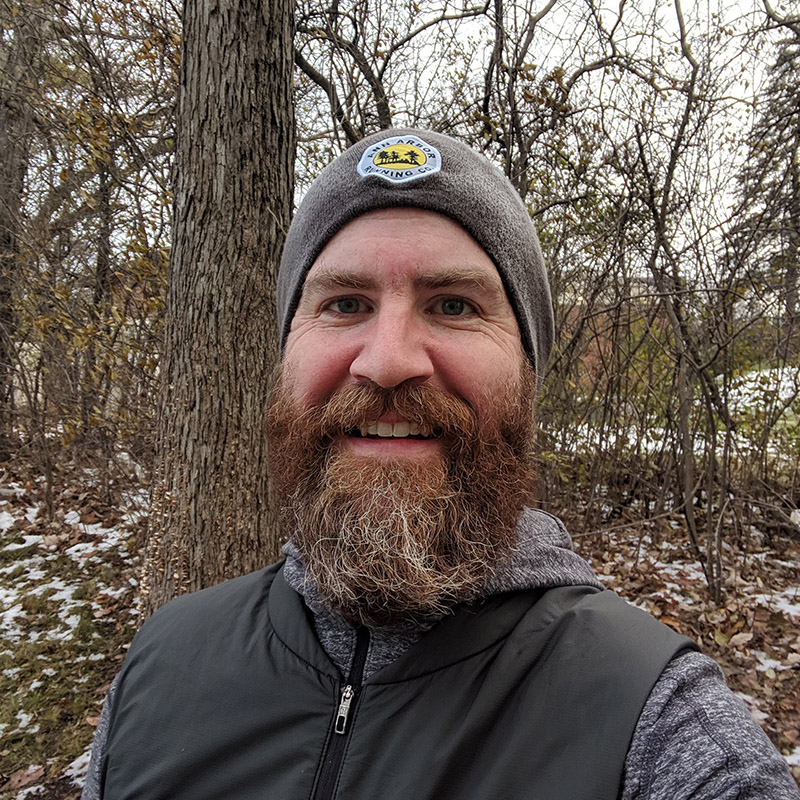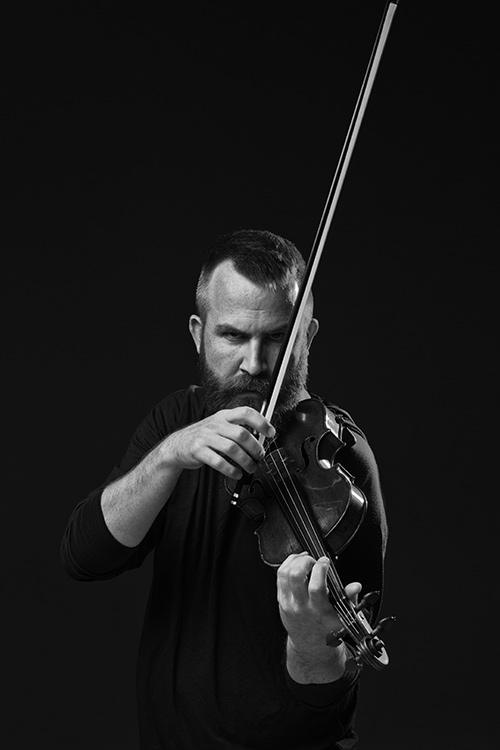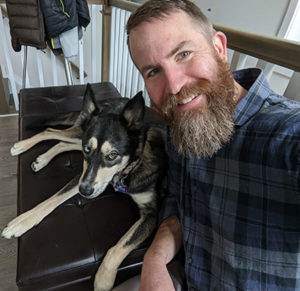Matt Albert is the former violinist of the Grammy award-winning contemporary classical music ensemble Eighth Blackbird and is the chair of the Department of Chamber Music.
What does it mean to you to be an artist in these times?
I miss live performances so much, so I’m trying to use my time away from stages to ask myself what I want to say when I return to them. I’m having in-depth conversations with colleagues about how white supremacy informs our field, and about the opportunities we will have as performer/teachers to better represent all voices in our programming, collaborations, visiting artists, and the names on our syllabi.
What inspires you as a performer/collaborator/teacher?
I am inspired by my students and by my colleagues. I will never know everything there is to know about the violin or the viola, and the journey to explore more motivates me to grow throughout my career. The energy I get from listening, learning, and exploring together with others makes me hopeful for our path forward through the mess we’re currently in.
What is special about Michigan?
The people: the students, staff, and faculty here are working so hard to make our industry better, not only with their art but also with their activism. It’s inspiring (to use that word again) to be around people who make me think more richly, feel more deeply, and play more expressively.
How have you adapted your artistic practice during the pandemic?
Generally, I’ve paused. When I record something, I work efficiently and ask myself how my performance is connecting through the microphone and screen. Am I making this the best phrase it can be, and can the person on the other end tell? I watch online performances and I support as many organizations with my checkbook as I can. The rest of the time, I’m listening to music, from Haydn quartets to Ellen Reid’s p r i s m to Beyoncé’s Lemonade.
How are you incorporating social justice issues into your work?
As an educator I’m compiling resources to help students engage with (i.e. listen to, study, learn, and perform) chamber music by the overlapping identity groups of BIPOC+, non-cismale, and LGBTQIA+ composers. I’m listening to podcasts like Trilloquy, Unlocking Us, and Code Switch, I’m filling up my social media feeds with strong Black voices including Kira Thurman, Marcos Balter, Yamiche Alcindor, Imani Gandy, and Elaine Welteroth, and I’m buying and learning music by Jessie Montgomery, Nathalie Joachim, and George Walker. I acknowledge my white male privilege regularly and openly, trying to shine a light on the ways my career has benefited from white supremacy, so that I can better be a part of the necessary change our classical music world requires.
How are you approaching teaching this fall? Adaptations? Unexpected opportunities?
I’m so proud of what we accomplished as a department this fall. I and many of my colleagues taught in person with masks and social distancing, taking over the second floor classrooms to spread out trios, quartets, and quintets in spaces where we could rehearse and coach safely. We presented six live streamed concerts of chamber music from Beethoven and Mendelssohn to Price and Montgomery, and we did it with students, coaches, and staff all working respectfully and rigorously to follow the school’s safety protocols. I also taught online — virtual chamber music lets us practice skills adjacent to in-room performance, but it’s not the same, so it was important for me to share my grief over that difference with my students. We’re all experiencing so much loss now, from opportunities to social connection to lives taken too soon, and when we ignore or suppress our grief in response to this loss, we prevent ourselves from growing in the ways we can. So when we look at what we can do, online teaching provides a rich platform: to listen to new recordings; to share and to discuss reactions to performances and articles; to practice with a metronome and a microphone and to learn from others’ practicing; to explore new software tools for editing and website designing; and to hone our ears/hearts/minds so that when we can be in the room, we kick even more ass than we did before.
Your artistic journey?
Ongoing. Unpredictable. Challenging. Inspiring.
Check out some of Matt Albert’s work on YouTube.



